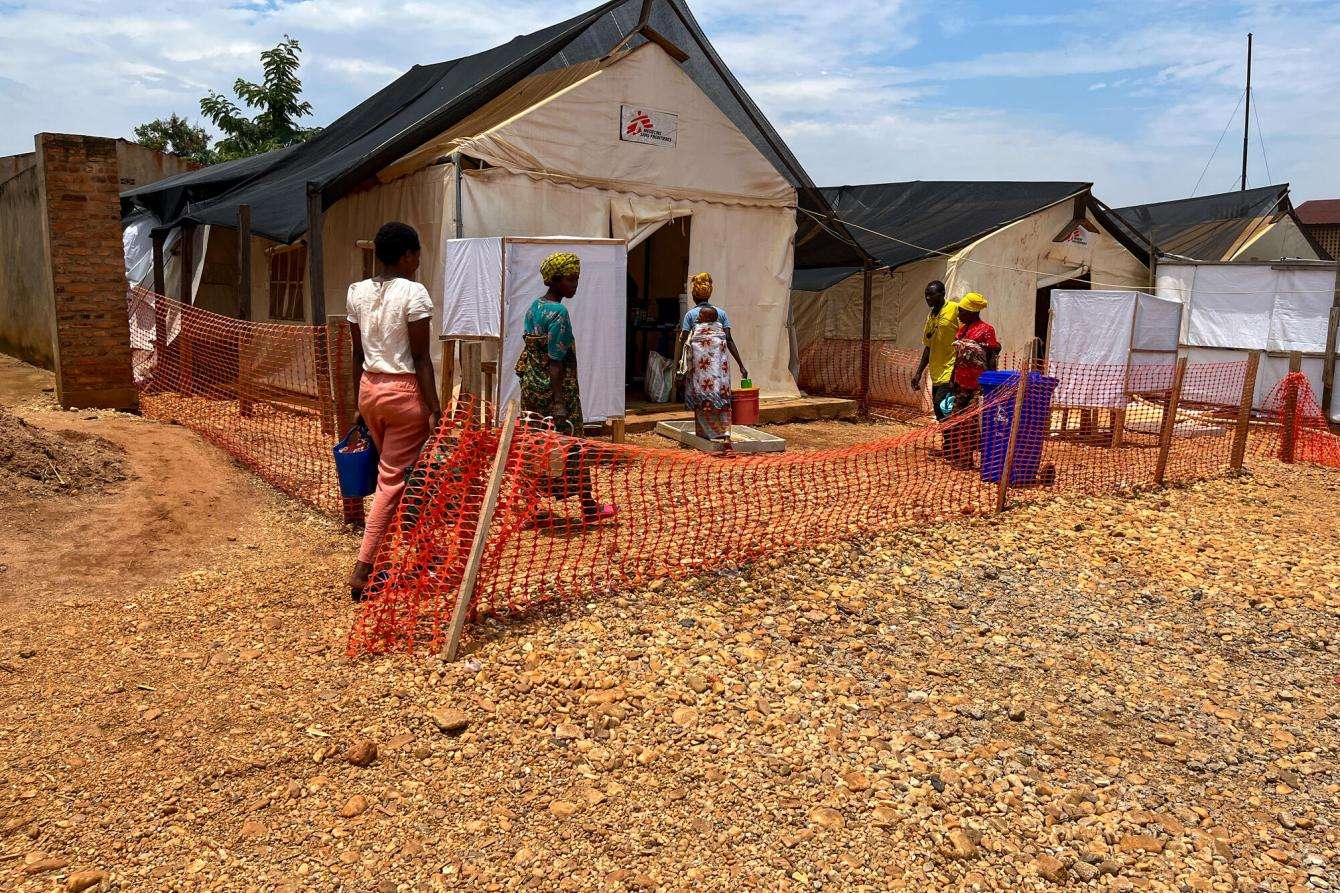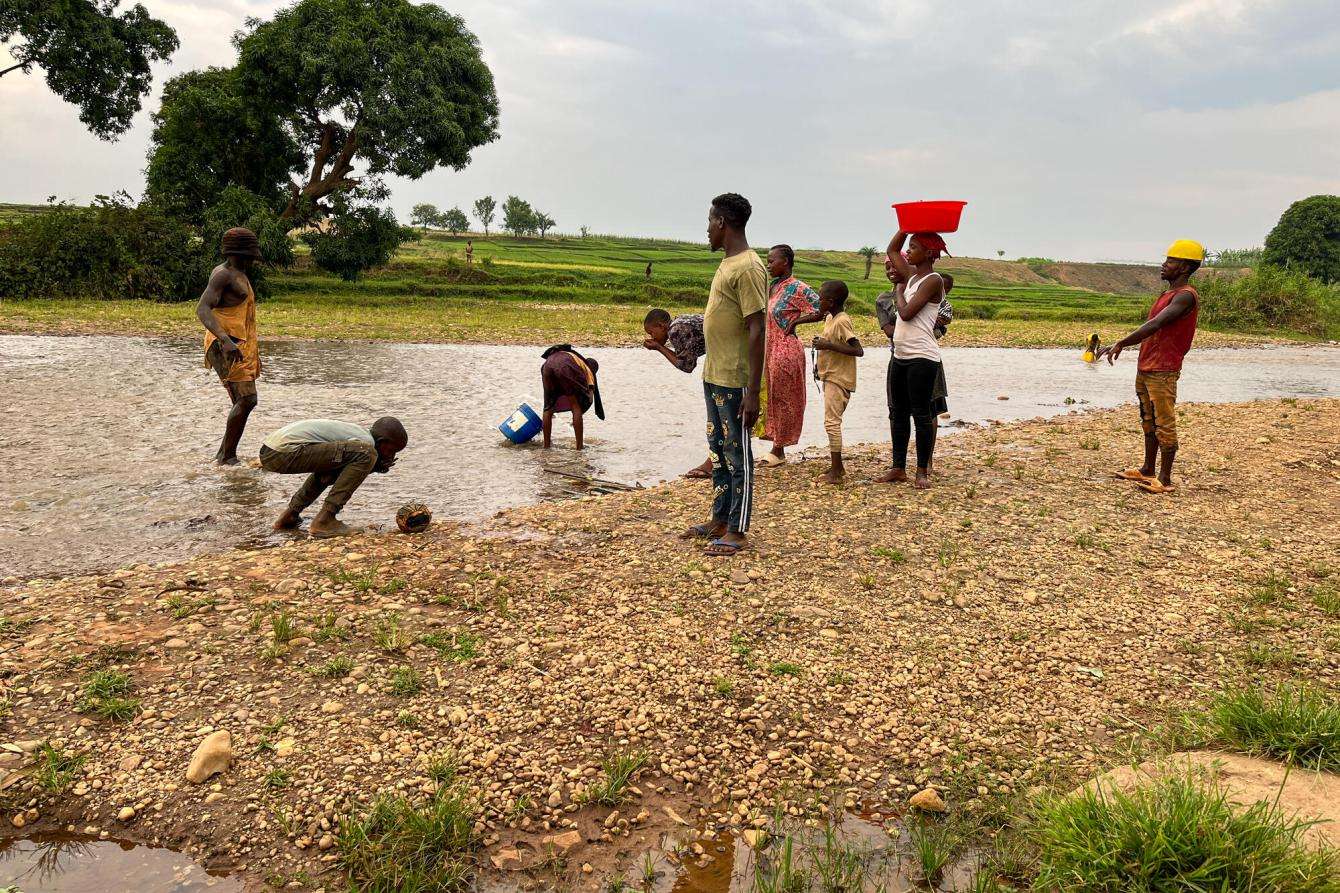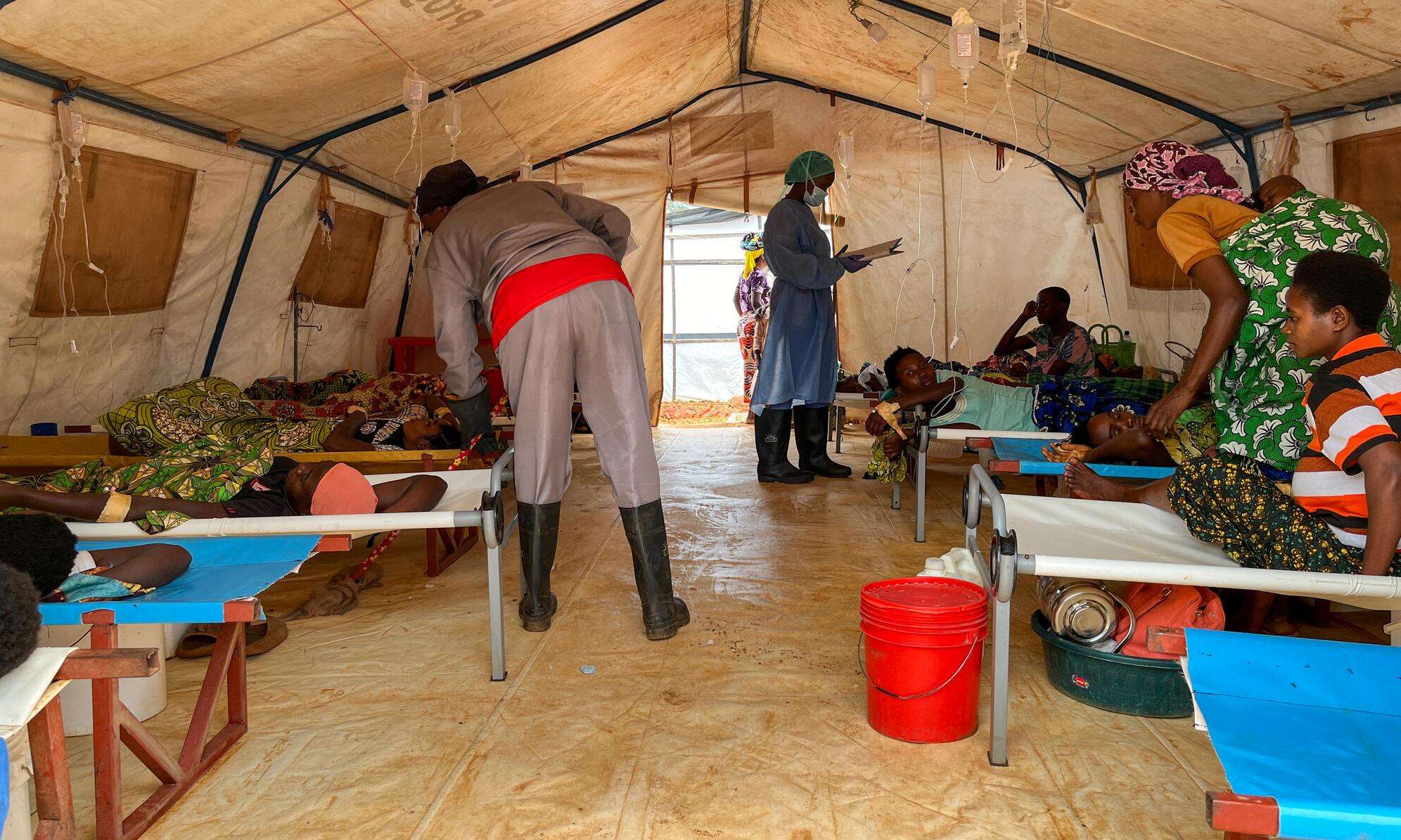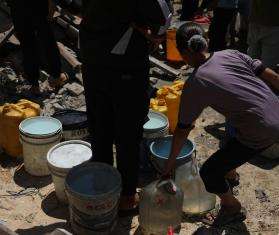In response, Doctors Without Borders/Médecins Sans Frontières (MSF) is collaborating with the Ministry of Public Health to strengthen health care efforts. The Rugombo center’s capacity has been increased from 13 to 42 beds to accommodate the growing number of patients. However, with admissions continuing to rise, further expansion is underway to manage the influx.
MSF is also supporting health authorities by supplying medicines and medical staff including doctors, nurses, health promoters, and hygienists. At the same time, efforts to improve hygiene and sanitation are ongoing to help contain the spread of the disease.

MSF alone cannot meet all needs in Cibitoke
Nearly 200 patients were admitted to the Rugombo treatment center during the first two weeks of September, highlighting the scale and rapid spread of the outbreak.
“The needs are immense, and MSF cannot meet them alone,” warns Zakari Moluh, MSF project coordinator in Cibitoke. “The situation is worsening by the day. It’s crucial that other organizations step in to support the authorities and help break the chain of transmission.”
“The center is currently receiving 15–20 new admissions per day. Most cases are from the Mparambo I neighborhood in Rugombo commune, though patients are also arriving from other areas, such as Kaburantwa and Mugina,” says Léocadie Nkurikiye, a senior nurse at the Rugombo Health Center. "Resources are limited—both in terms of medication and space."

Access to clean water is essential to stopping the spread of cholera
Cholera is an acute diarrheal disease caused by ingesting contaminated water or food. It spreads rapidly in areas with poor sanitation and limited access to clean drinking water. If left untreated, cholera can lead to severe dehydration and death. However, with appropriate care—mainly oral or intravenous rehydration—it can be effectively managed, and the risk of mortality can be significantly reduced.
In Cibitoke, many families have been without running water for months and are forced to rely on contaminated river water.
“There’s not a single drop of water left in Mparambo II,” says Patrice, a patient recovering at the Rugombo center. “We use water from the Nyakagunda River for cooking, washing clothes, and bathing. When I arrived here, I was in critical condition. The test came back positive, and the nurses immediately put me on a drip.”
In order to improve early treatment of cases, MSF is setting up oral rehydration points in the areas most affected, particularly in Mparambo. “These facilities enable community health workers to administer treatment quickly to patients with mild symptoms, thereby preventing serious complications. However, much more needs to be done to support the population and bring this outbreak to an end,” warns Moluh.




